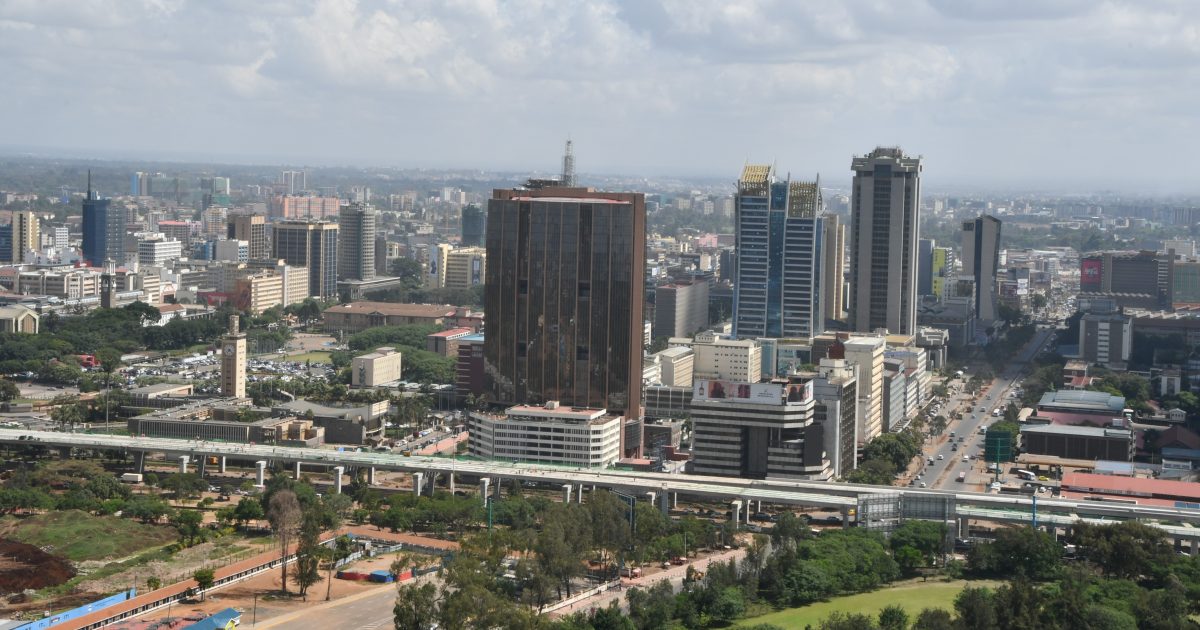The World Health Organization (WHO) has this year prioritized the fight to mitigate and neutralize the effects of climate change to improve the health status of the global community.
WHO Director-General Dr Tedros Adhanom Ghebreyesus in a statement, says that there is need for transformative solutions to wean the world off its addiction to fossil fuels, to reimagine economies and societies focused on well-being, and to safeguard the health of the planet on which human health depends.
In Kenya however, the government last year made commitment to tackle the effects of climate change and ensure that the health system was in tandem with emerging challenges posed by the global crisis.
The commitments made during the COP 26, which was held between 31 October and 12 November 2021 saw the government commit to conduct a climate change and health vulnerability and adaptation assessment by 30 June 2023 and also develop a national adaptation plan informed by the assessment.
The country also committed to carry a baseline assessment of Green House Gasses (GHG) emissions of the health system and healthcare facilities, developing an action plan by 30 June 2023 and reaching net zero health sector emissions by 30 June 2030.
And against the backdrop of such commitments, the WHO has called on governments, organizations, corporations, and citizens to share actions they are taking to protect the planet and human health.
Consequently, the WHO has called on everyone to preserve, protect health and mitigate the climate crisis as part of the “Our planet, our health” campaign that is marking the organization’s founding day.
Issuing its call to action, WHO notes that 99 per cent of people breathe unhealthy air mainly resulting from burning of fossil fuels.
“The climate crisis is a health crisis: the same unsustainable choices that are killing our planet are killing people,” he said.
Dr. Tedros noted that the COVID-19 pandemic has highlighted the fault lines of inequity across the world, underlining the urgency for creating sustainable, well-being societies which do not breach ecological limits and which ensure that all people have access to life-saving and life-enhancing tools, systems, policies and environments.
WHO Regional Director for Africa Dr Matshidiso Moeti in her statement commemorating the day said that during the past two decades, most public health events have been climate-related, whether they were vector or water-borne, transmitted from animals to humans, or the result of natural disasters.
“One in every three Africans faces water scarcity, while about 400 million people in Sub-Saharan Africa alone lack basic access to drinking water. About 45 per cent of all child deaths are also associated with malnutrition, which is known to be linked to diarrhea,” she said.
Dr. Moeti noted that with Africa’s population projected to grow to 2.5 billion by 2050, we could expect burgeoning urbanization into areas exposed to natural hazards, and a concomitant increase in associated injuries, disease, and deaths.
“I want to urge our Member States to urgently initiate adaptation and mitigation actions and we should all be working together, empowering one another to ensure the continued delivery of essential health services during future extreme events, while containing the growing incidence of environment- and lifestyle-related disease,” she added.
This year’s theme, “Our Planet, Our Health”, serves as a timely reminder of the complex link between the planet and our health, as the burden of no communicable and infectious diseases rises alongside growing incidence of climate-related challenges.
WHO estimates that more than 13 million annual deaths globally are due to avoidable environmental causes including the climate crisis which is the single biggest health threat facing humanity.
The climate crisis and extreme weather events, biodiversity loss, land degradation and water scarcity were further displacing people and affecting their health while the pollution and plastics found in oceans and mountains have made their way into the food chain and blood streams.
According to WHO, systems that produce highly processed, unhealthy foods and beverages were further driving a wave of obesity, increasing cancer and heart disease while generating up to one-third of global greenhouse gas emissions.
World Health Days is celebrated globally annually and each year draws attention to a specific health topic of concern to people all over the world.
By Wangari Ndirangu





